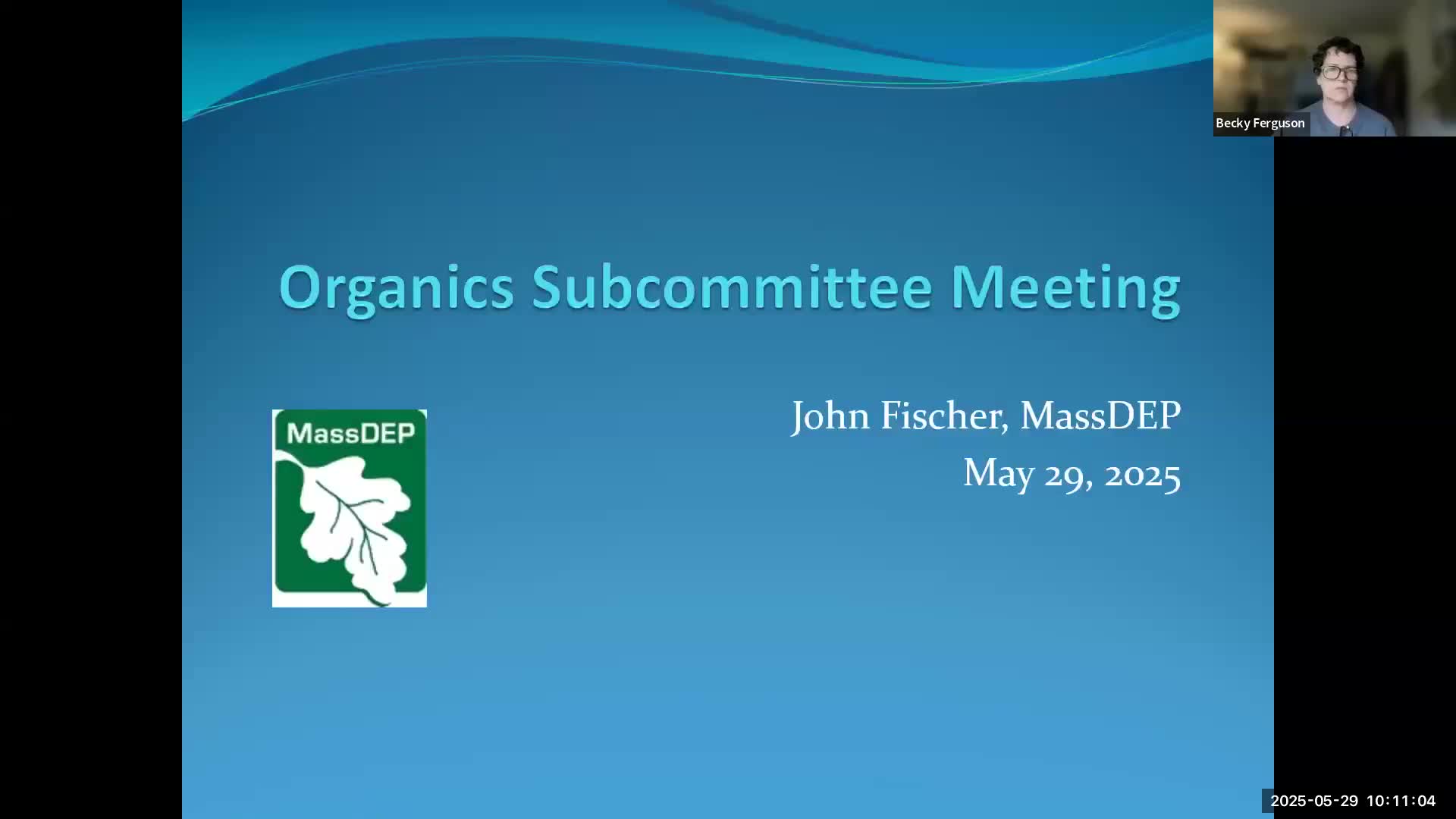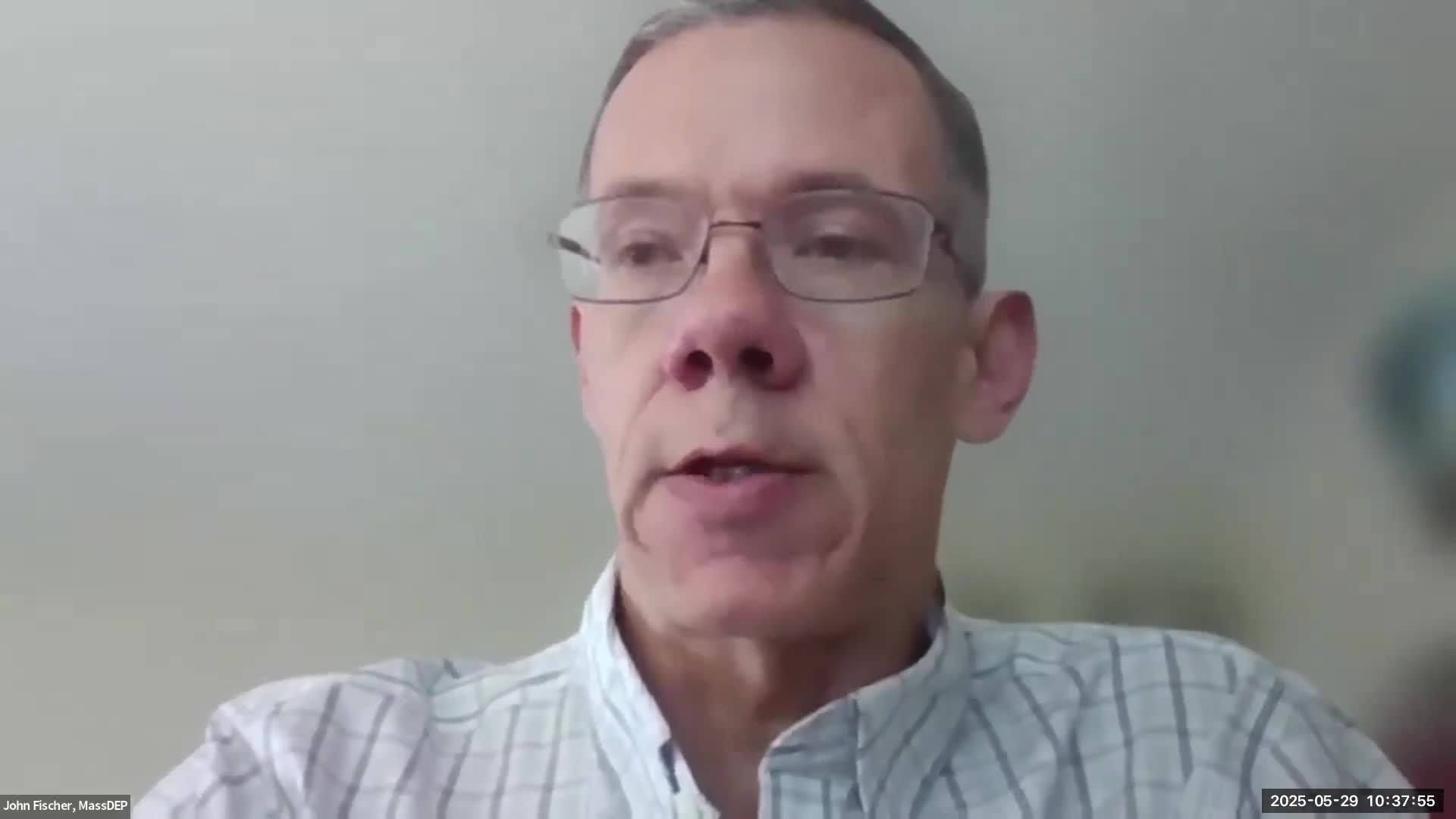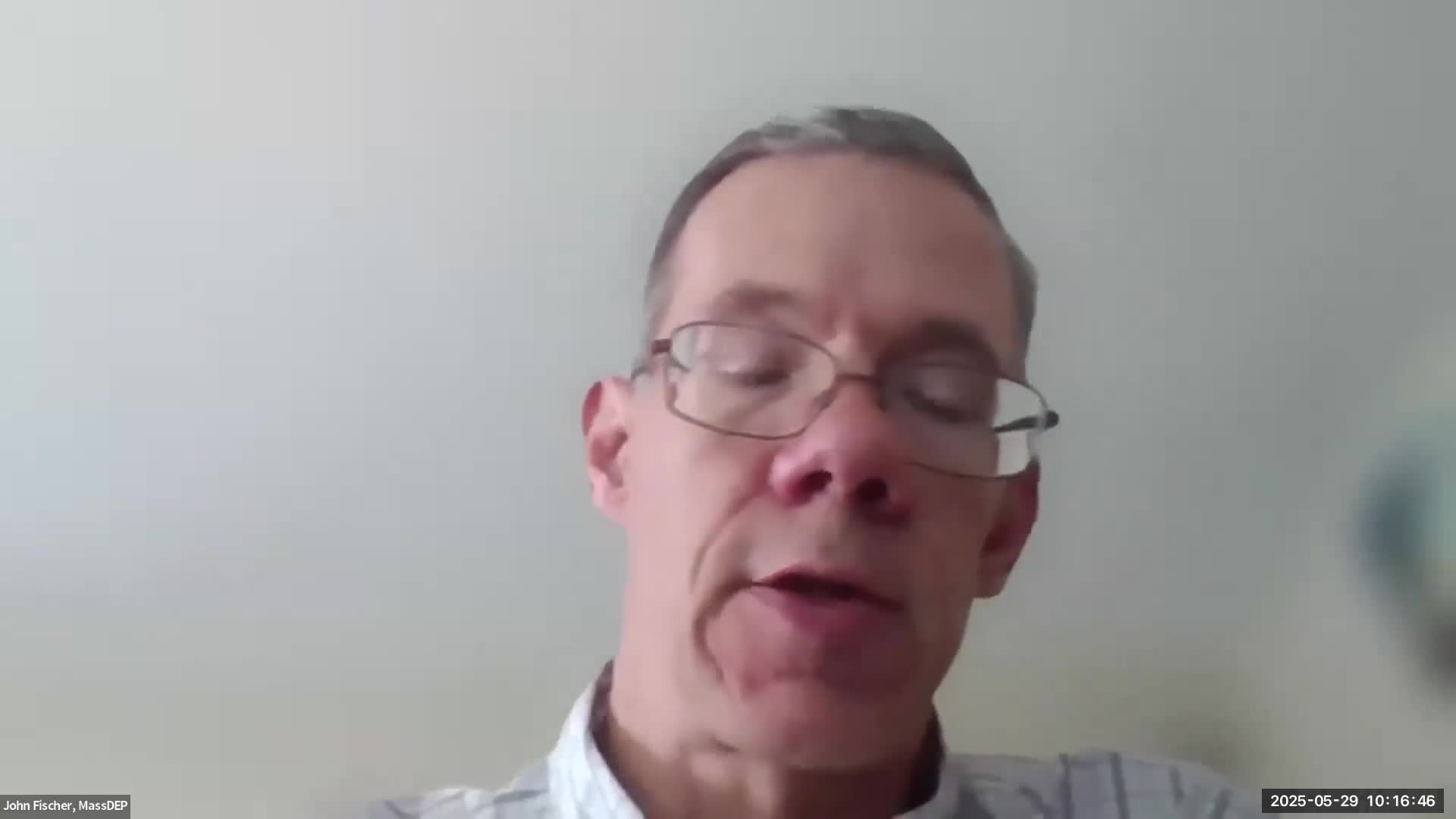Article not found
This article is no longer available. But don't worry—we've gathered other articles that discuss the same topic.

MassDEP begins midcourse review of organics action plan; disposal‑ban thresholds and outreach flagged for follow‑up

Roche Brothers describes partnership with Spoonfuls that recovered nearly 1 million pounds of food annually

